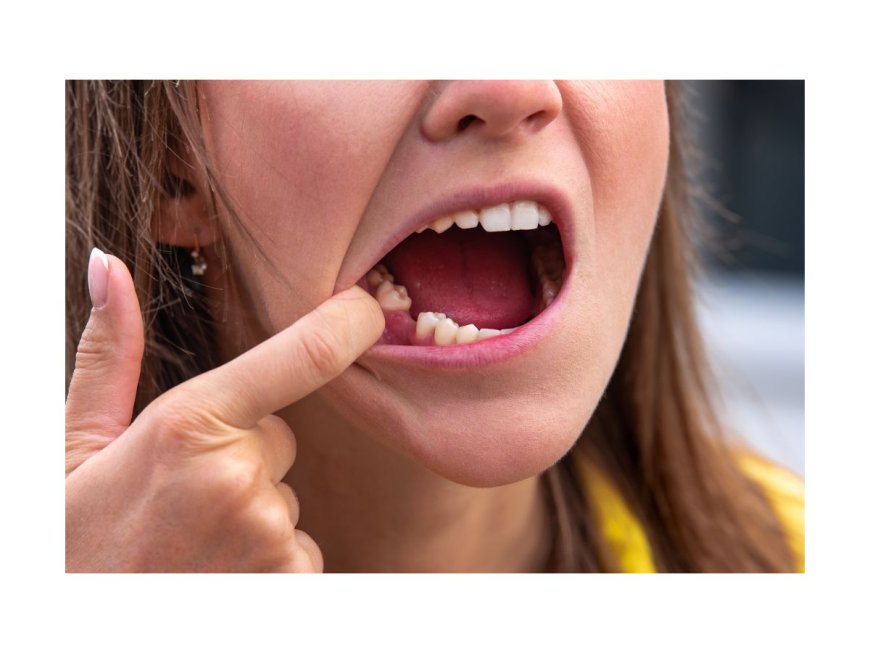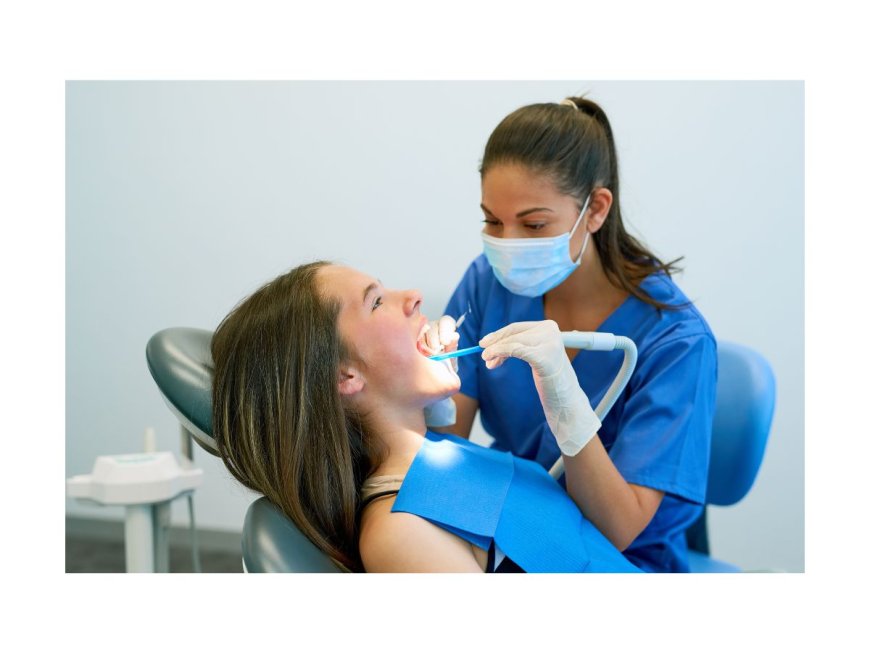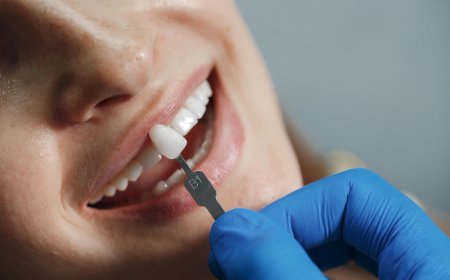Urgent But Not Emergency Dental Problems: What You Need to Know
Learn how to spot dental issues that need prompt care but aren’t true emergencies. Find out when to call your dentist and how to manage minor dental problems safely.

Not all dental issues need emergency care, but some still require attention within a few days to avoid worsening.
These include:
-
Lost filling or crown (without severe pain)
-
Mild to moderate tooth sensitivity
-
A chipped tooth without pain
-
Sore or irritated gums
-
A loose permanent tooth without swelling
While these problems can wait a little, you should still schedule an appointment soon.

When Should You Call Your Dentist Immediately?
Timing can make a big difference in treatment success. If youre unsure, calling your dentist is always the safest choice. Here are some situations when fast action is important:
Knocked-Out Tooth
If an adult tooth is knocked out, it has the best chance of being saved if re-implanted within 30 to 60 minutes.
What to do:
-
Hold the tooth by the crown (the chewing part), not the root.
-
Rinse it gently with water. Dont scrub it.
-
Try to place it back into the socket.
-
If thats not possible, put the tooth in a cup of milk or your saliva.
-
See a dentist immediately.
Severe Toothache
A sudden, intense toothache can mean a cavity, nerve damage, gum infection, or abscess.
How to ease the pain:
-
Rinse your mouth with warm salt water.
-
Take over-the-counter pain medicine like ibuprofen.
-
Avoid very hot, cold, or sweet foods.
-
Call your dentist for a same-day visit.
Swelling in the Face or Jaw

Swelling can be a sign of a serious infection. This can spread and become life-threatening if untreated.
Watch for:
-
Fever
-
Difficulty swallowing or breathing
-
Pus or bad taste in the mouth
If these symptoms appear, go to the emergency room or dental emergency clinic immediately.
What Isnt Usually a Dental Emergency?
Some dental issues feel urgent, but usually dont need immediate care unless they cause pain or risk serious harm. These include:
-
Small chips or cracks without pain
-
Lost crowns or fillings without discomfort
-
Broken braces or wires (unless painful or causing injury)
-
Food stuck between teeth
-
Mild cold sensitivity
-
Bleeding gums during brushing (often a sign of gum disease)
Although these issues arent emergencies, see your dentist soon to prevent complications.
Dental Emergencies in Children
Children often get dental injuries while playing or in sports. Heres what to do if your child has a dental problem:
-
Knocked-out baby tooth: Dont try to put it back. Call your dentist.
-
Knocked-out adult tooth: Follow the same steps as for adults.
-
Chipped or cracked tooth: Rinse with water, save any broken pieces, and call your dentist.
-
Toothache: Rinse with warm water and apply a cold compress. Contact your dentist.
Always watch for swelling or fever, which may mean infection.
What to Do Before You See the Dentist

While waiting for care, you can take steps to ease discomfort and protect your mouth:
For Pain or Swelling:
-
Rinse with warm salt water.
-
Apply a cold compress to your cheek.
-
Take over-the-counter pain relievers (avoid aspirin on gums).
-
Keep your head elevated.
For Broken Teeth or Lost Crowns:
-
Save any pieces you find.
-
Cover sharp edges with sugar-free gum or dental wax.
-
Avoid chewing on that side.
For Bleeding:
-
Press gently on the area with gauze or a clean cloth.
-
If bleeding doesnt stop in 15 minutes, contact your dentist.
Where to Get Emergency Dental Care in Regina
Many clinics in Regina offer same-day emergency appointments and after-hours care.
If your dentist is closed:
-
Search online for emergency dentist Regina for nearby clinics.
-
Visit the Saskatchewan Dental Association website for emergency resources.
-
Go to the emergency room if you have severe swelling, fever, or facial trauma.
Hospitals in Regina can handle dental emergencies involving infections, injuries, or uncontrollable bleeding.
How to Prevent Dental Emergencies
You can lower your risk of emergencies by following these habits:
-
Brush twice a day and floss daily.
-
Visit your dentist regularly, at least every six months.
-
Fix cavities and gum problems early.
-
Wear a mouthguard during sports.
-
Avoid chewing ice, pens, or hard candy.
-
Dont use your teeth to open packages or bottles.
What to Expect During an Emergency Dental Visit

During your visit, the dentist will:
-
Ask about your symptoms and health history.
-
Perform an exam and take X-rays if needed.
-
Treat the problem this might include filling a cavity, repairing a tooth, extracting a tooth, draining an abscess, or prescribing medicine.
-
Schedule follow-up care if needed.
Final Thoughts: Dont Wait to Get Help
Dental emergencies can be scary, but acting quickly makes a big difference. If you live in Regina and face a dental emergency, call your dentist or visit the nearest emergency room right away.
Your smile and health matter. Get the care you need without delay.




































